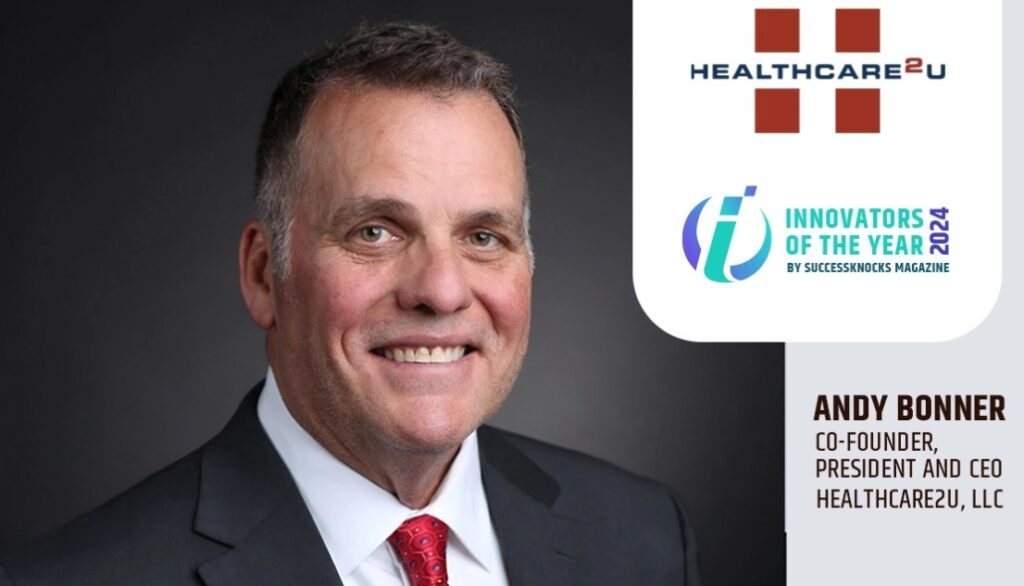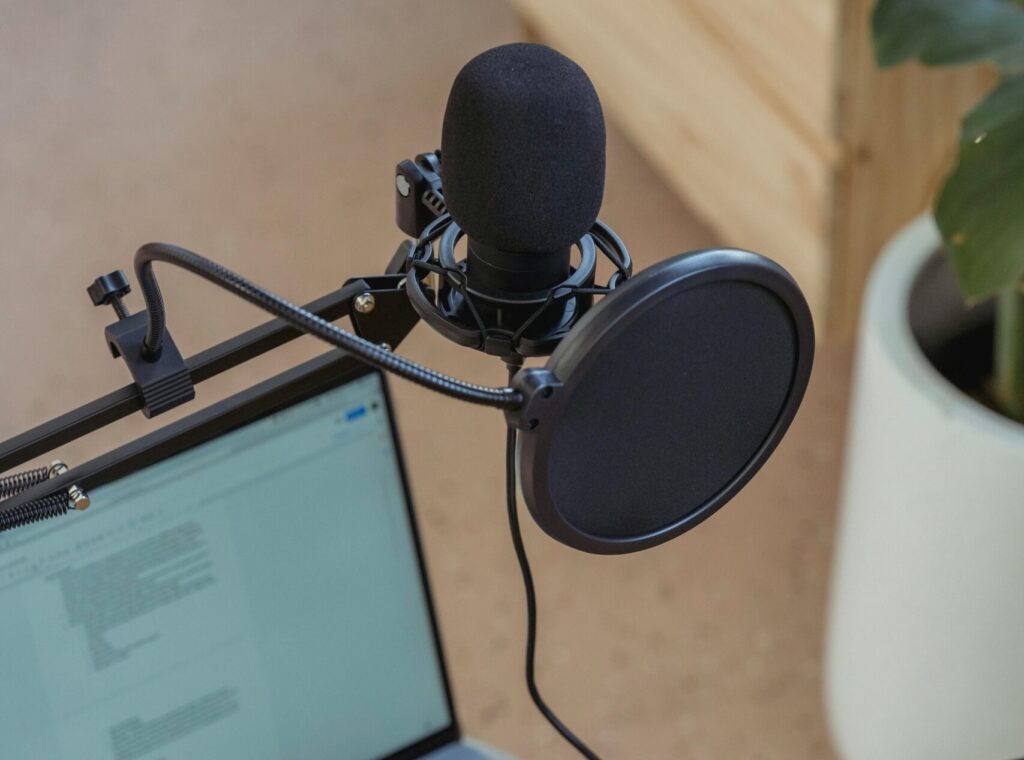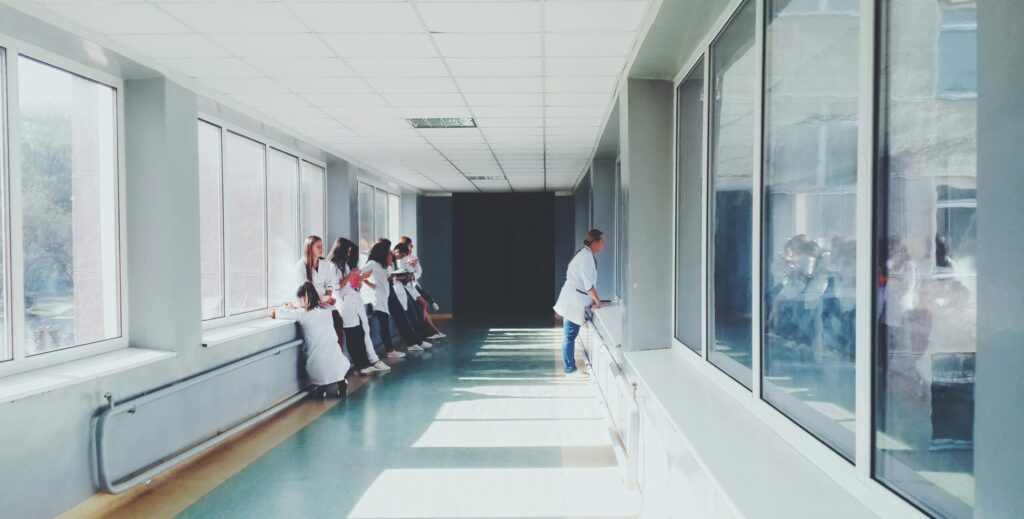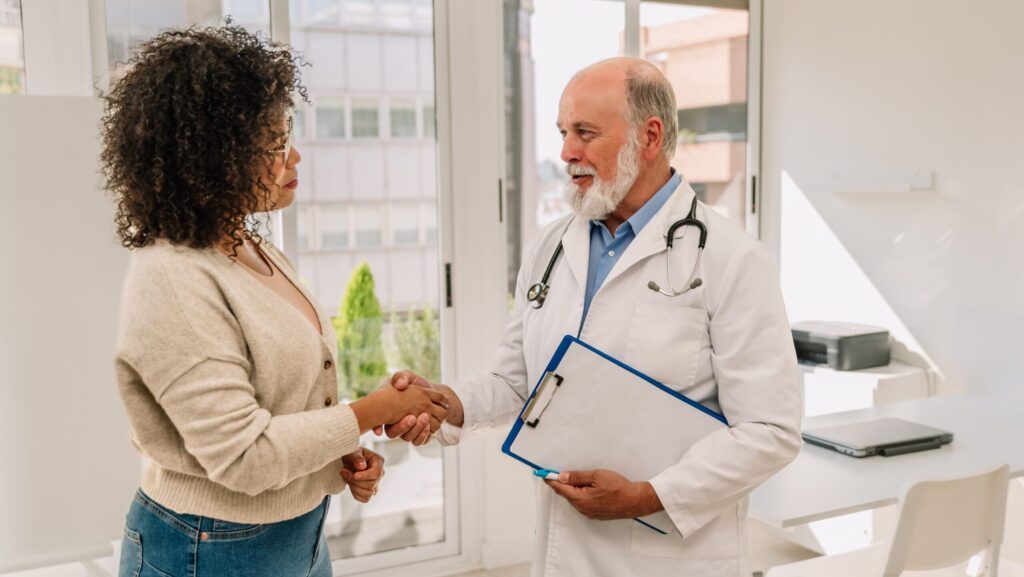Did you know that today women make up 77.6 percent of the total healthcare workforce in the US? This field may have a strong female presence now, but it wasn’t always this way. In honor of National Women’s Day, we want to introduce you to five women whose contributions changed the face of the medical field. Each of these women in healthcare and science broke down barriers to champion equality, education, and the advancement of women in the workforce during a time when it was extremely unpopular to do so. Here are five contributions women made in healthcare that hugely impacted our world.
Alice Evans‘ Contribution Led to Safer Milk
The discovery of the bacterium responsible for undulant fever led to the practice of pasteurizing milk in the 1930s. We owe this to microbiologist Alice Evans. With no doctorate or medical degree to her name, she made waves in her community when microbiology was in its early stages. Because of her discovery, she became the first female president of the Society of American Bacteriologists.
Florence Seibert’s Contribution led to the First Tuberculosis Test
Biochemist Florence Seibert was responsible for this ground-breaking advancement. Tuberculosis (also known as consumption) had killed one in seven people that lived by the 19th century. This testing is still the standard today, and confirmed Tuberculosis is easily treated in almost all cases with a mix of antibiotics administered over six months. Even after retirement, she continued to research on a volunteer basis and was inducted into the National Women’s Hall of Fame at age 90.
Dame Cicely Saunders’ Contribution was the Founding of Hospice
Although hospice-like care is believed to have been established in the 11th century during the Crusades, the modern-day hospice system has only existed since the 1960s. In 1963, British physician Dame Cicely Saunders gave a talk at Yale University about her ideas of specialized care for the dying. She worked with terminally ill patients in London for several years but didn’t open the first hospice ‘St. Christopher’s’ until 1967. Inspired by Seibert’s Yale visit, Dr. Florence Wald, Dean of the Yale School of Nursing, opened the first US hospice in Branford, Connecticut, in 1974. As of 2023, the US has 1,805 hospices and palliative care centers in the US. The centers are vital to end-of-life care and are instrumental in making a challenging situation for patients and their families easier.
Gertrude Elion’s Contribution Led to the Possibility of Organ Transplants
At age 15, Gertrude Elion witnessed her grandfather die painfully from stomach cancer. It was then she set out to pursue her life’s mission of alleviating suffering from medical conditions. Her greatest discovery came when she developed azathioprine, also known as Imuran. This discovery makes organ transplants possible; a procedure performed 3,636 times in the US in the past year. Elion’s work also pioneered a new era of antiviral therapy that opened the doors to the first drug discovered to treat AIDS. An illness that has killed an estimated 1 million people worldwide since the start of its epidemic.
Marie Curie’s Contribution was the Discovery of Radium and Polonium and Their Use in Cancer Treatments
Marie Curie is arguably one of the most famous women in scientific history. Still, many don’t know the specifics of her story. She and her husband, Pierre Curie, discovered radium and polonium and coined the term “radioactive.” Because of this work, she became the first woman to receive a doctorate degree in France. She and her husband provided radium for the first treatment known as “brachytherapy” in 1901. Shortly after, the famous Memorial Sloan Kettering Cancer Center started the groundbreaking therapy in 1903. During World War I, she hid her radium research to create, with her daughter, hundreds of standing x-ray facilities in France to assist wounded soldiers on the frontlines. To this day, Curie is the only woman to have received two Nobel Prizes. Her contributions to cancer treatment are still used today, helping the estimated 1.9 million people diagnosed with cancer in the US in 2022 alone.
We are honored to celebrate these women in healthcare and science, their contributions, and the doors they opened for future generations. To learn about more women in healthcare that have helped pave the way, read our previous blog celebrating International Women’s Day!







